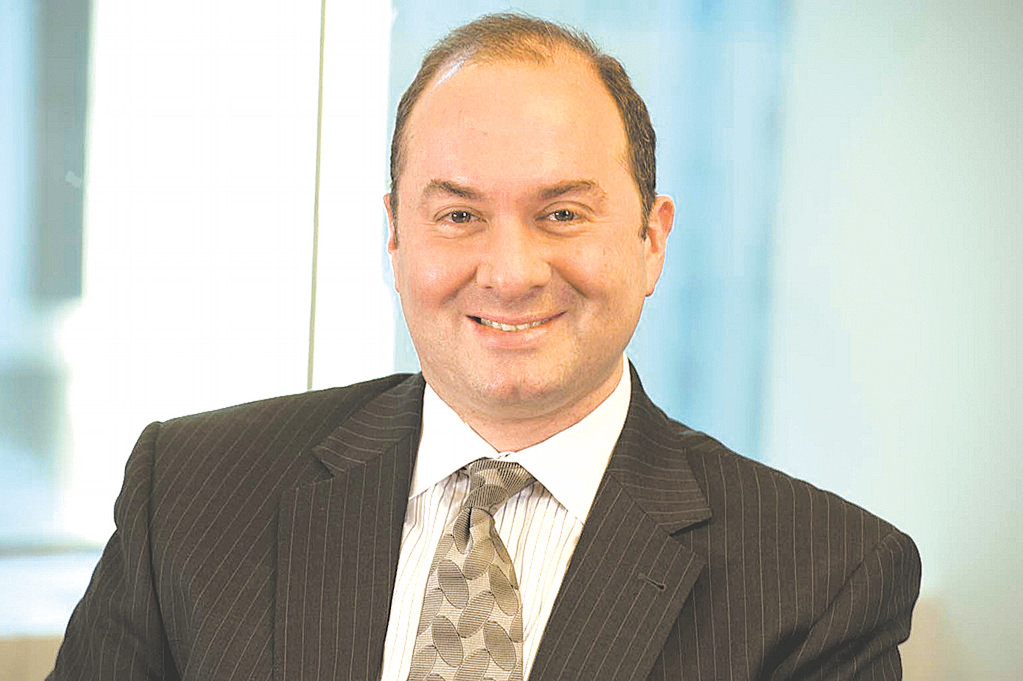Opinion: The Arab Summer is only getting hotter in Egypt
On June 16-17 Egyptians will cast ballots in a runoff election that will decide between the Muslim Brotherhood’s candidate Mohamed Mursi and former Prime Minister Ahmed Shafiq, who served under former president Hosni Mubarak.
The ballot has polarized the country, prompting calls for boycotting the vote, while at the same time, Judge Ahmed el-Zend, the head of the association of Egyptian judges said that he would abandon any neutrality in this runoff and play a political role in the ballot watching and counting to prevent the Muslim Brotherhood from claiming unchallengeable power. “We won’t leave matters for those who can’t manage them…” Judge Zend said.
Field Marshal Hussein Tantawi, Chairman of the Supreme Council of the Armed Forces (SCAF), the de facto ruler of Egypt, convened a meeting on June 11 with the military council to discuss procedures to secure the presidential runoff election to ward off potential politicizing at the polls. They discussed the procedures to ensure the success, fairness and transparency of the voting process.
Nazly Hussein, a human rights advocate, had said, “People once thought that the presidential elections would be the key to stability and change.” He was reflecting the fear that the choice between a Mubarak holdover and a Brotherhood majority is not a choice for the advancement and growth of Egypt. Mona Ammar, a protester on Tahrir Square, expressed the common theme that, “It does not make sense to choose between two wrongs.”
Meanwhile, on June 14th, Egypt’s Supreme Constitutional Court will begin considering whether Ahmed Shafiq, Mubarak’s last prime minister and one of the two finalists in the election, should be able to run at all. The court will determine the constitutionality of the “political law of isolation,” passed by the Islamist-dominated parliament, which bans former senior Mubarak allies from participating in politics for the next five years.
Also in advance of the runoff, Egypt is under pressure to develop a new constitution that is expected to define the president’s powers and the rights of its citizens. Politics and fear have delayed the picking of the panel, and now Egypt’s military council tried to impose a deadline to agree on the make-up of the new constitution-drafting assembly.
To allay concerns of an Islamist-led government, and in support of Mr. Mursi’s candidacy, the Muslim Brotherhood and fellow Islamists, who control about 70 percent of Egypt’s parliament, claim that under their leadership, Egypt’s constitutional assembly will be represented by a diverse group, including women, Coptic Christians and secular leaders of the revolt who overthrew the former government.
However, that deal is not likely to appease those who fear an Islamic dominated Egypt. Egypt’s largest news organization, Al Ahram, published a column by a retired general, Hussam Seilam, who wrote that if the Brotherhood came to power, Egypt would resemble Iran.
Pressure is rising on the military council that assumed command of the country after Mubarak was toppled because it promised to hand over to a newly elected president by July 1 and so far it is unclear just what authority the new president will have.
This past Monday, liberal and leftist political parties vacated their seats in the constitutional assembly in protest at what they called the over-representation of Islamists in the body. They challenged the two Islamist parties, the Muslim Brotherhood’s Freedom and Justice Party, and the Salafist Al-Nour Party, for filling all 50 seats designated for Islamists, so the smaller Islamist parties were vying for the seats meant for the secular parties and civil society institutions.
Deep divisions and a climate of uncertainty threaten political stability as the runoff dates approach. Egyptians must elect a president whose powers are still undetermined, and their choices appear to be truly one of the lesser of two evils; what determines the evil also depends on where one stands.
And although Egypt’s Presidential Election Committee granted Shafiq an exception, allowing him to remain in the race given the Brotherhood’s “isolation law,” the court will also rule on the legality of Shafiq’s candidacy.
Some see these problems rising as a sign that the SCAF is vying to remain the only real power in control. There are suggestions that the SCAF has been working hard at keeping the situation unpredictable until the last minute to pressure either candidate for guarantees of the military’s power.
Middle East political analyst Sana Saeed believes that the SCAF remains in power and has created chaos “to distract from that.”
For Israel, the only real democracy in the Middle East, one thing is clear; the Arab summer is just beginning and with the death toll rising in Syria and the confusion in Egypt, the region will only get hotter. Israel needs to watch closely and stay cool.
Juda Engelmayer is a senior vice president of the New York public relations agency, 5WPR.






